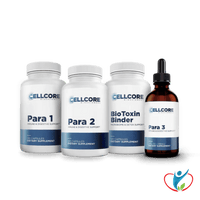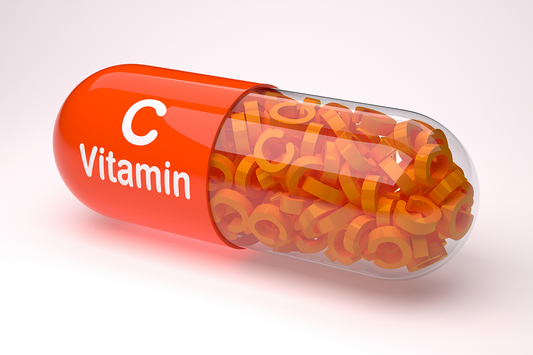
Vitamin C
Most of us believe that Vitamin C deficiencies are a thing of the past. However, while less common in modern times, Vitamin C deficiencies can indeed still occur and when they do, we may experience scurvy and other signs and symptoms. Vitamin C deficiency affects roughly 7% of adults in...
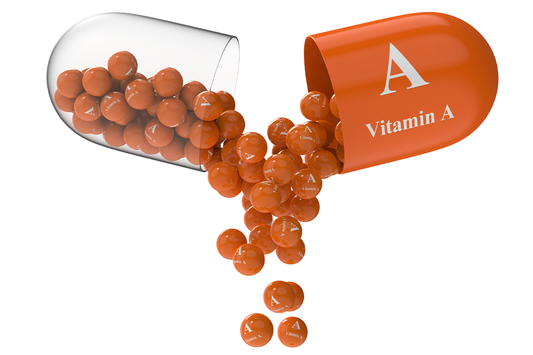
Vitamin A
Purpose Vitamin A is a potent antioxidant the body uses in many areas to reduce oxidative stress and its effects. Oxidative stress is an imbalance of "free radicals" that react to other molecules, causing large chain reactions that negatively affect bodily processes. Antioxidants prevent this by stabilizing the free radicals...
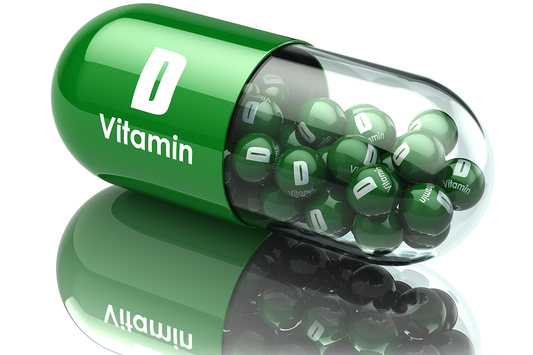
Vitamin D
Purpose Vitamin D is a fat-soluble vitamin in which many people are deficient in, especially those who live in northern latitudes or have difficulty absorbing nutrients. Vitamin D: Turns genes on and off Affects various cells related to bone health Immune function Protection against cancer Recommended Daily Intake (RDI) RDI may be...
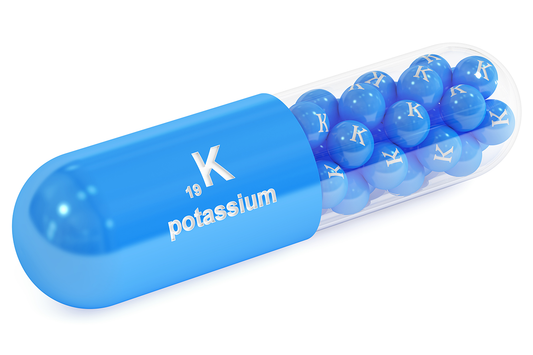
Vitamin K
Purpose Vitamin K is a fat-soluble vitamin that works with Vitamin D and calcium. It is important in: Coagulation Bone Growth Heart health Recommended Daily Intake It is difficult to become deficient in Vitamin K because our intestines naturally produce K1. However, those that have disorders that making it difficult...
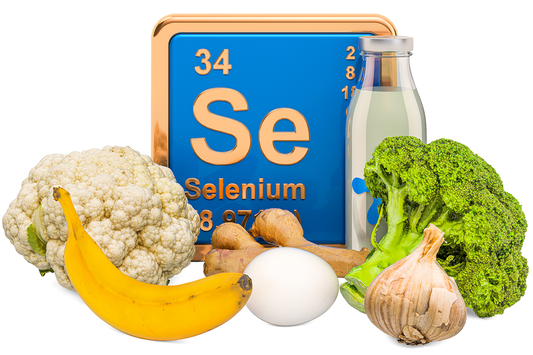
Selenium
Selenium is an element on the periodic table that is essential for humans to consume. There are organic and inorganic forms (with and without a carbon group attached). Both forms can provide necessary nutrients in the human diet. Purpose The thyroid is the organ with the highest concentration of selenium...
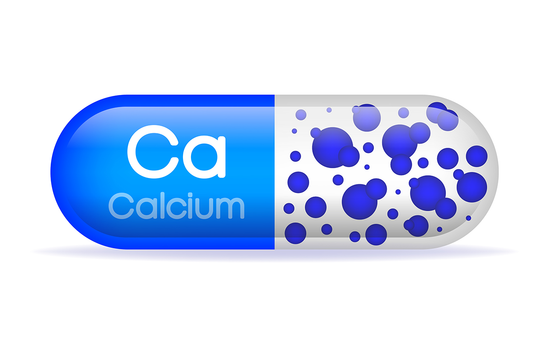
Calcium
Purpose Calcium is an essential nutrient that is necessary for many functions in human health. Calcium is the most abundant mineral in the body with 99% found in teeth and bone. Calcium is an important mineral to consume in our daily diets. While it is well known that calcium helps build...
